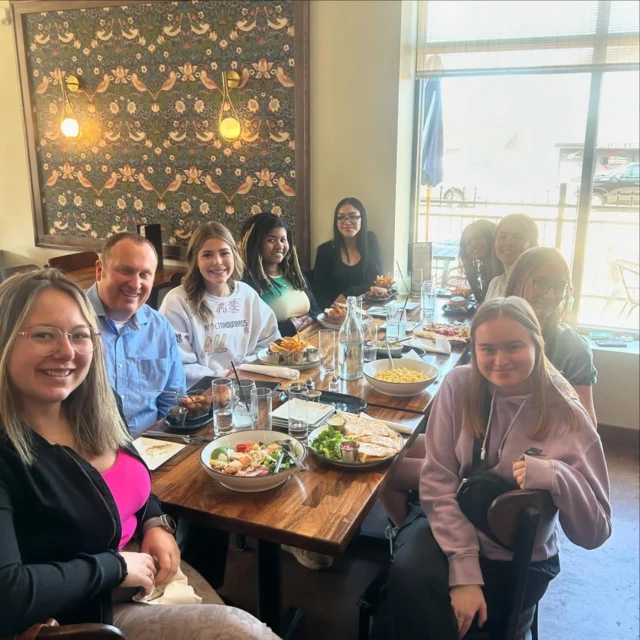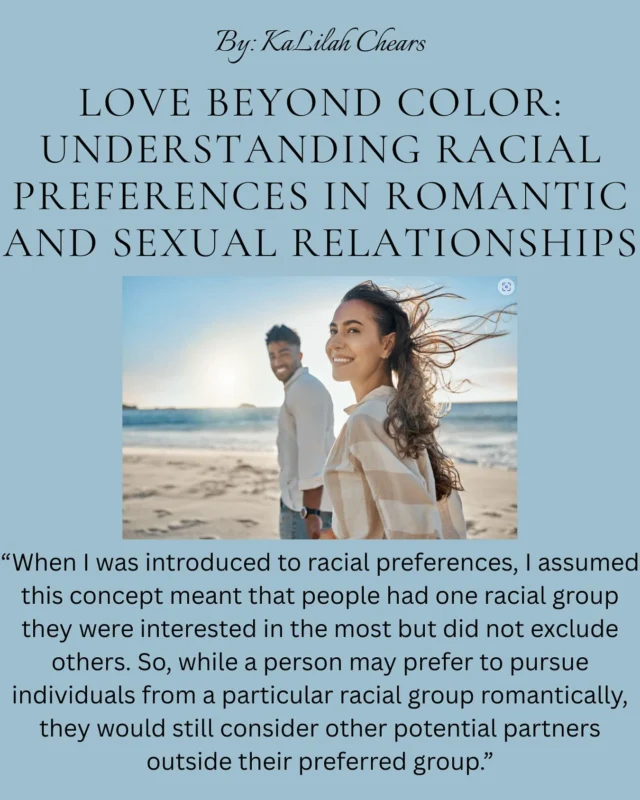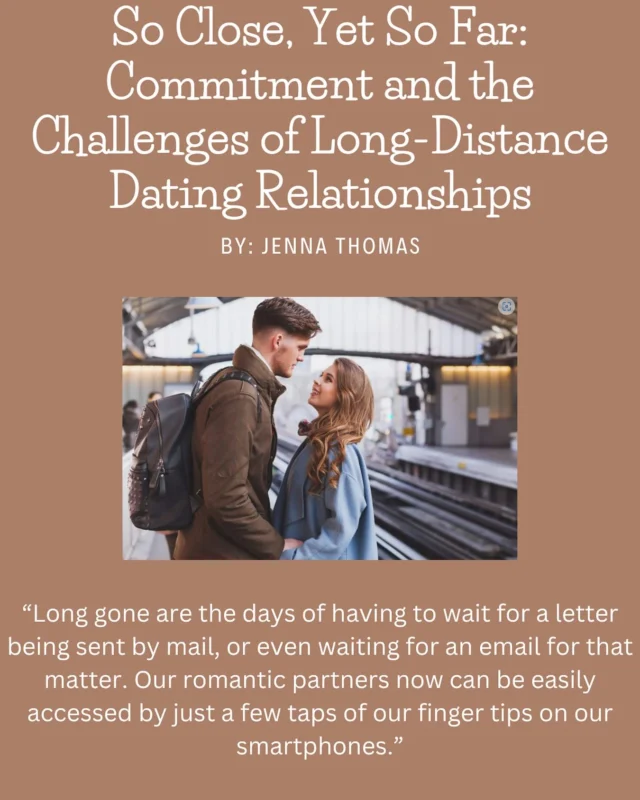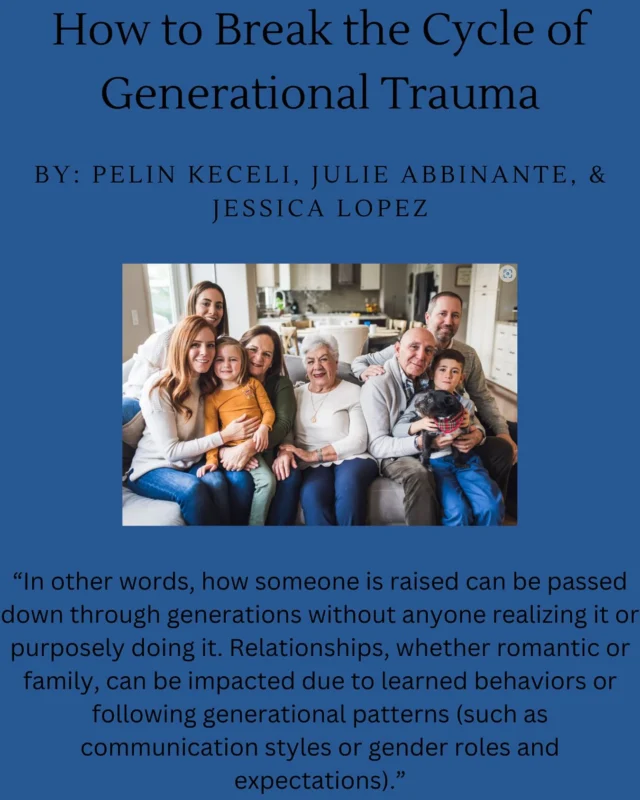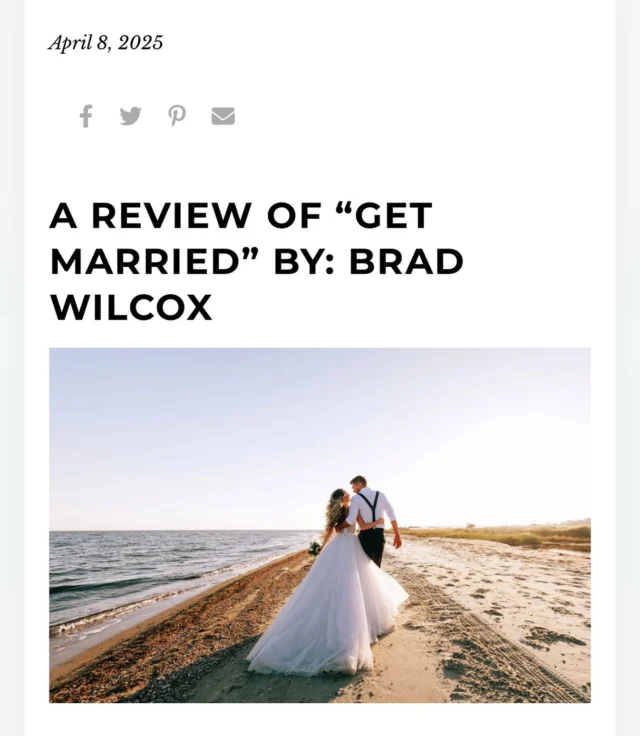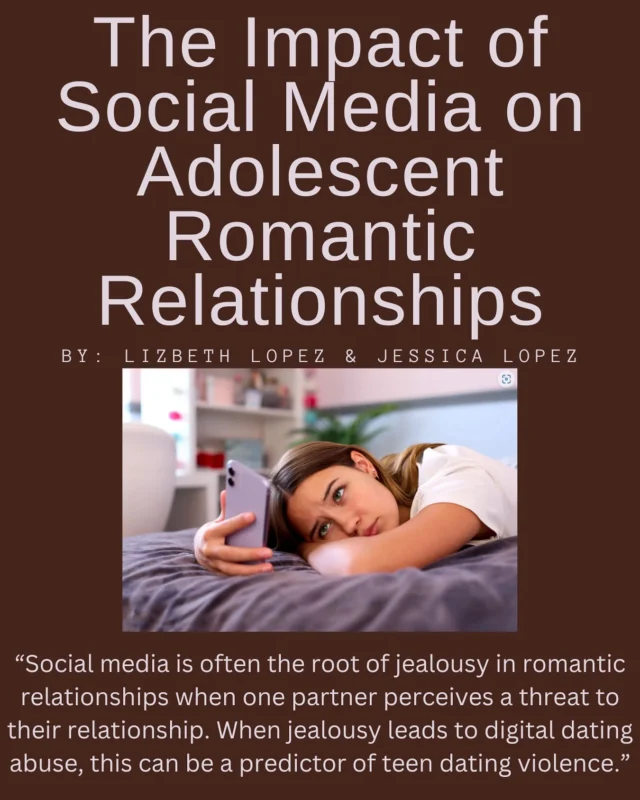Having a partner that is honest and committed to their romantic relationship is an expectation that many people have, but research indicates that individuals do not always hold themselves to that same standard. Personally, I have always thought of myself as an honest person. I would brush away white lies that passed through my lips as something that was necessary to be said without much thought on the consequences. How much harm could a simple fib really cause if it was said out of love? To explore if altruistic white lies could actually benefit romantic relationships, a clinical psychologist named Mary Kaplar assessed couples and their attitudes on dishonesty. What was actually found in this study, was that these white lies did harm couples even though some were said out of love, and the overall happiness and satisfaction in their relationship was lower.
Jason B. Whiting took on the challenge of confronting couples and individuals with the truth on the disastrous effects of dishonesty in relationships with his book, Love Me True: Overcoming the Surprising Ways We Deceive in Relationships. From the very beginning I was captivated by his witty writing skills and his ability to draw the reader into each chapter. The stories that Whiting discusses in his book, as wild as some may be, are relatable to everyone on some sort of level. Whether it is a couple who has trouble communicating, or a spouse with extreme debt and gambling problems, he turns each situation into a learning experience and expands on different ideas and methods for couples to consider when they might face similar issues.

Although I am a single woman in the dating world, I was still able to read his book and reflect on myself and the values I want to have in my own life. I sometimes find myself in state of confusion when it comes to my past relationships, as I have been both the victim and the offender to deception. Coming to terms that I haven’t always been the best partner is a situation that I’m sure others find themselves in at some point in their life. It is a hard pill to swallow, but Whiting eloquently discusses this again and again because he knows that no one is perfect. His stories and the research literature he integrates throughout capture that it is a common challenge to be morally honest, but it is not impossible. As Whiting (2016) states,
“Scrupulous self-honesty reveals who you really are and helps you know your strengths and limitations. Doing this helps you live with more integrity in all aspects of life” (p. 23).
Love Me True is especially applicable to a variety of readers, because Whiting’s stories apply to a variety of people, whether they are single, recently engaged, or thirty years into marriage. Being in love is an event that comes around for most people eventually, and having self-worth and being an honest individual is imperative to also becoming a good partner. This book allows you to take a hard look at what you could be doing to improve yourself and your relationship. I found it incredibly useful that Whiting also provides several different tips to help this process, such as writing down positive things about your day or learning to have the same excitement on dates with your spouse as you would if it were the very first date. Overall, I found that this read was incredibly useful and would recommend this to anyone looking to improve their own values and their relationships with others.
You can purchase this wonder book on Amazon: Love Me True: Overcoming the Surprising Ways We Deceive in Relationships
References
- Book, S. D. & McLeod, B. A. (2016). “Deception in romantic relationships: subjective estimates of success at deceiving and attitudes toward deception,” Journal of Social and Personal Relationships, 18 (4) 463-76.
- Harris, R. (2009). Act with love: stop struggling, reconcile differences, and strengthen your relationship with acceptance and commitment therapy. Oakland, CA: New Harbinger Publications.
- Kaplar, M. E. (2006). Lying happily ever after: altruistic white lies, positive illusions, and relationship satisfaction (Psychology Ph.D Dissertations). Retrieved from http://scholarworks.bgsu.edu/psychology_diss/2.
- Seligman, M. E. P. (2012). Flourish: a visionary new understanding of happiness and well-being (33-34). New York: Atria Books.
- Whiting, J. B. (2016). Love me true: overcoming the surprising ways we deceive in relationships. Springville, UT: Plain Sight Publishing, an imprint of Cedar Fort, Inc.
Discover more from Decide To Commit
Subscribe to get the latest posts sent to your email.





